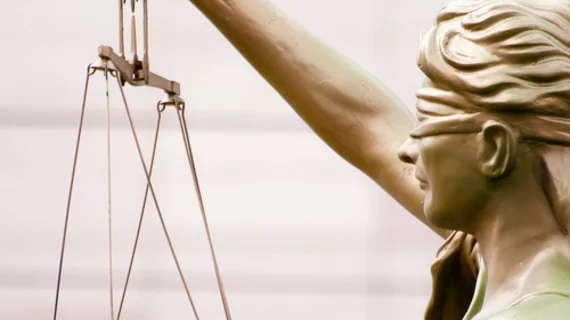Judge reviewing CVS-Aetna $69B merger unlikely to unravel deal
CVS Health is still embroiled in a dispute over its $69 billion merger with Aetna, which was approved by the Department of Justice last year and closed in late 2018. However, U.S. District Judge Richard Leon isn’t so sure the deal hasn’t crossed any antitrust laws and is reviewing the case in court.
CVS Health has recently asked Leon not to allow industry groups to testify in an upcoming hearing that has yet to be set. The hearing is an unusual step in the process to vet the deal by Leon, according to Barron’s.
CVS isn’t likely to see a turnover of the merger by Judge Leon, but the ongoing battle between the court and the Department of Justice brings up several question, according to Barron’s. Under the Tunney Act, Judge Leon has the authority to hold hearing and elicit testimony from experts, but it is unusual for the court to act out of step with the DOJ, Barron’s wrote.
Judge Leon also went head to head with the DOJ in another major merger between AT&T and Time Warner, which the judge approved.
See the full story below:

